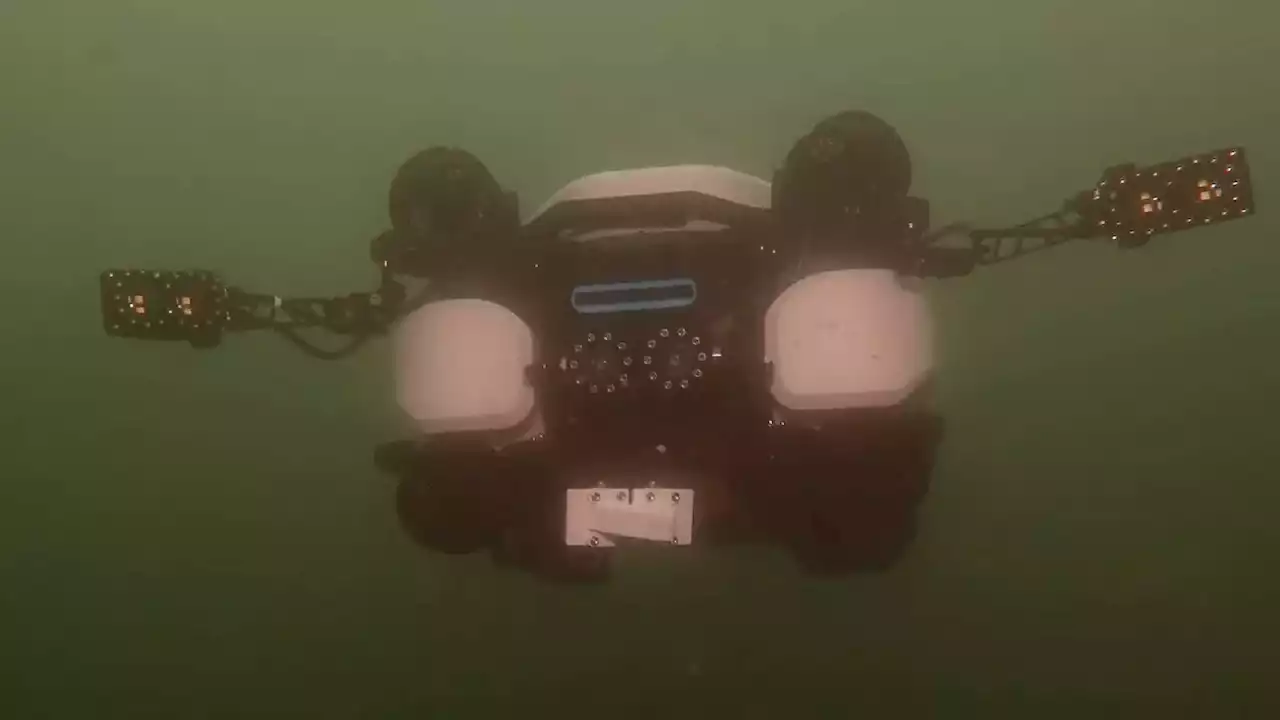The team used publicly available neural network algorithms to program the robotic chef to pick up recipes.
In the first step, the robot watched a video of a human cooking one of the recipes. After being trained with it, the robot was allowed to identify the recipe being prepared and make it.
The robot chef was even able to identify other objects, like the human demonstrator's knife and arms, hands, and faces.“It’s amazing how much nuance the robot was able to detect,” said Sochacki. “These recipes aren’t complex – they’re essentially chopped fruits and vegetables, but it was really effective at recognizing, for example, that two chopped apples and two chopped carrots are the same recipe as three chopped apples and three chopped carrots.
The experiment shows that video content can provide a valuable data source for training robots to produce automated food. In the future, robots may assist human chefs in preparing food in various hospitality places.Robotic chefs are a promising technology that can bring sizeable health and economic benefits when deployed ubiquitously. This deployment is hindered by the costly process of programming the robots to cook specific dishes while humans learn from observation or freely available videos.
Argentina Últimas Noticias, Argentina Titulares
Similar News:También puedes leer noticias similares a ésta que hemos recopilado de otras fuentes de noticias.
 This underwater robot may soon replace divers in dangerous operationsScientists at the ETH Zurich spinoff company Tethys Robotics have developed an underwater robot that can be deployed in situations that are too dangerous for human divers to undertake.
This underwater robot may soon replace divers in dangerous operationsScientists at the ETH Zurich spinoff company Tethys Robotics have developed an underwater robot that can be deployed in situations that are too dangerous for human divers to undertake.
Leer más »
 Scientists invent self-healing robot skin that mimics the real thingStanford scientists have invented a multi-layer self-healing synthetic electronic skin that can now self-recognize and align with each other when injured, allowing the skin to continue functioning while healing.
Scientists invent self-healing robot skin that mimics the real thingStanford scientists have invented a multi-layer self-healing synthetic electronic skin that can now self-recognize and align with each other when injured, allowing the skin to continue functioning while healing.
Leer más »
